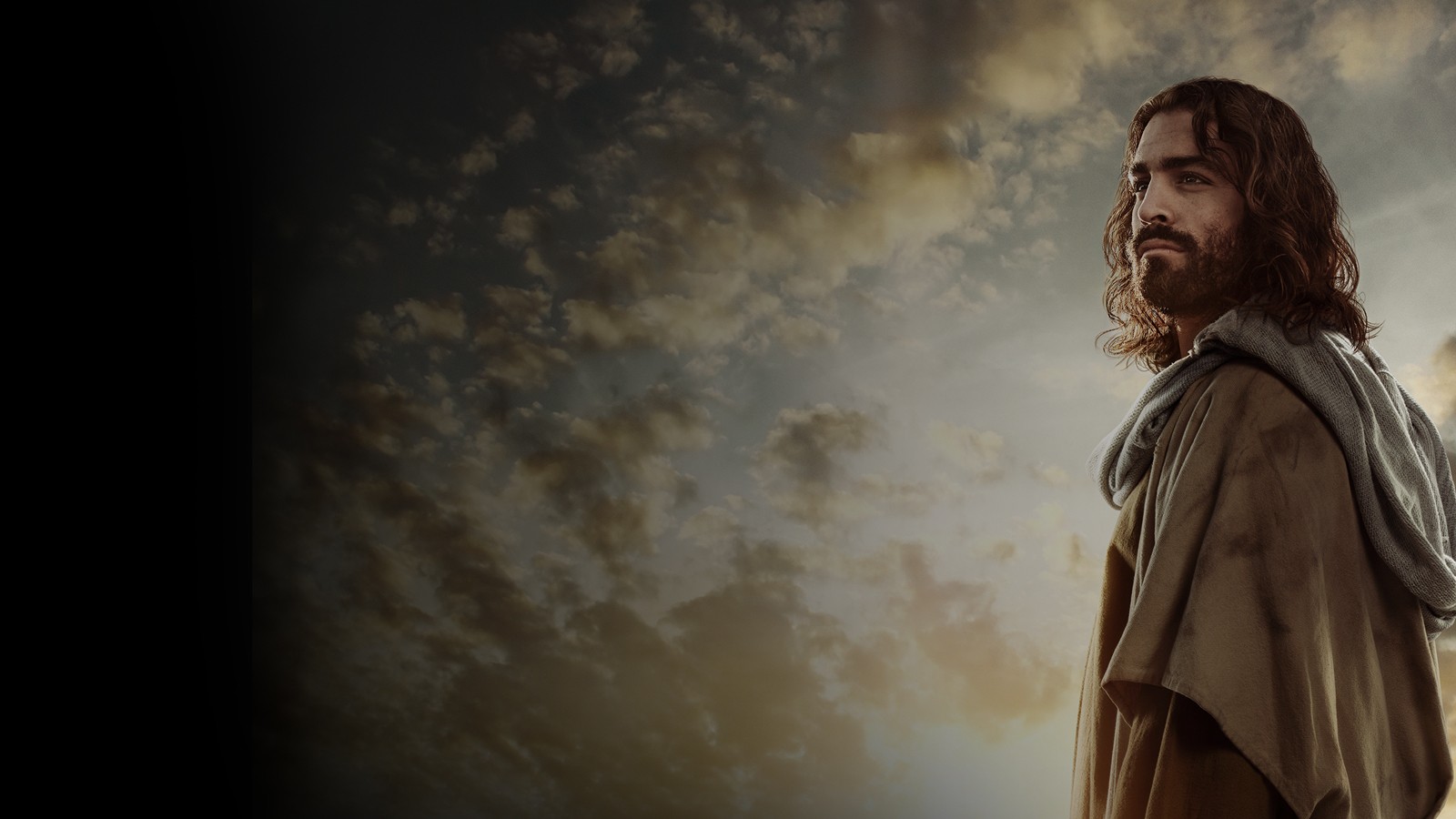The politics of Jesus
In today’s gospel (Luke 14:14-21), Jesus comes to Nazareth, the town where He grew up, to the synagogue where He worshipped, and to people who know Him. He reads from the Prophet Isaiah:
Jan 21, 2022

Reflecting on our Sunday Readings with Fr Ravi Alexander OFM Cap
3rd Sunday of Ordinary Time (C)
Readings: Nehemiah 8:2-4a, 5-6, 8-10;
1 Corinthians 12:12-30;
Gospel: Luke 1:1-4, 4:14-21
Regardless of what politics might mean today and regardless of how it’s practised today, it’s most basic concern is, or should be, about the ordering of relationships. It’s about the way we live together and how we get along. It’s about people. Those concerns are central to the practice of Christianity.
Was Jesus political? The politics of Jesus is different from the kind of politics most of us see, experience, and probably even practice. His politics is driven, led, anointed, and filled by the Spirit, the life of God.
Jesus’ political identity begins not with party affiliation or constituents but with His baptism. He was immersed in the waters of creation, the heaven opened and the Spirit descended on Him in bodily form, and a voice from heaven declared, “You are my Son, the Beloved; with you I am well pleased.” From there, He was led by the Spirit in the wilderness where He overcame the great temptations and corrupters of all politics: materialism, power, self-interest. In the wilderness, Jesus claimed His identity and refined and clarified His message and the direction of His life. He left the wilderness empowered by, and filled with, the Spirit and taught in the synagogues of Galilee. The people liked what they heard. Jesus “was praised by everyone.”
In today’s gospel (Luke 14:14-21), Jesus comes to Nazareth, the town where He grew up, to the synagogue where He worshipped, and to people who know Him. He reads from the Prophet Isaiah:
“The Spirit of the Lord is upon me,
because He has anointed me to bring good news to the poor.
He has sent me to proclaim release to the captives
and recovery of sight to the blind,
to let the oppressed go free,
to proclaim the year of the Lord’s favour.”
Those words describe the politics of Jesus. Good news to the poor, release to the captive, sight to the blind, letting the oppressed go free, and declaring God’s favour are the building blocks of Jesus’ politics, His political platform. They are not campaign promises but a present reality, a reality made present in Jesus. “Today,” Jesus says, “this scripture has been fulfilled in your hearing.”
Those words from Isaiah and Jesus’ comment on them are the first recorded words of Jesus’ public ministry. The words Jesus read from Isaiah are not an exact quotation of Isaiah. Jesus has intentionally and purposefully chosen and arranged particular portions of Isaiah’s text to create a specific message. This message is often described as His inaugural address. Jesus is outlining His politics. He is describing the character of His ministry. He is establishing His priorities and the direction of His work. He is casting His vision for the reordering of relationships – good news to the poor, release to the captive, sight to the blind, letting the oppressed go free, declaring God’s favour. His politics stands at the centre of, and is the content of, his crucifixion and resurrection.
At the heart of Jesus’ politics is an unspoken and yet ever-present question: Where does it hurt?
That’s the question that drives and directs Jesus’ life and ministry. As Jesus will later say, “Those who are well have no need of a physician, but those who are sick” (Luke 5:31). Where does it hurt?
Look at the world, read the news, reflect on your life, and it’s not hard to see how much we need a new politics, a Jesus kind of politics.
Jesus’ politics is large and all encompassing. No one gets left out. Jesus does not put conditions or qualifiers on His politics.
Jesus’ political agenda is not determined or influenced by who is good or bad, or an insider or outsider. It doesn’t seem to matter to Jesus who you are, what you have done or left undone, or what your life is like. It’s really pretty simple. Are you poor? Good news for you. Are you a captive? Release for you. Are you blind? Sight to you. Are you oppressed? Go in freedom. Divine favour is not given to the poor, the captive, the blind, or the oppressed because they are good or righteous but because God is good and righteous.
What if we adopted Jesus’ political platform as our own? What if we began our political thinking and conversations by asking, “Where does it hurt?” What if we entered those difficult and divisive situations with that question? What if we let that question establish our priorities and guide our decisions?
Presence with, and compassion for, another human being would replace resolving issues, fixing problems, and winning votes. We would listen more than we speak. Power would look like cooperation and collaboration. We would have to have the courage and will to stand with another in his or her pain, and the vulnerability to risk letting another stand twith us in our pain. We would open rather than close places, people, and ourselves to the divine favour. We would know the fulfilment of “this scripture” here, today, right now.
“Today this scripture has been fulfilled in your hearing.” Let’s not let “this scripture” go in one ear and out the other.
Capuchin Friar Fr Ravi Alexander is currently based in the Diocese of Sibu. He is the Ecclesiastical Assistant for the Diocesan Family Life Commission and Prison Ministry.







Total Comments:0